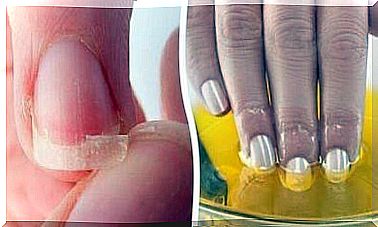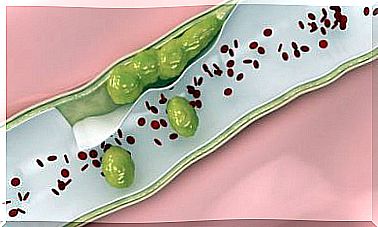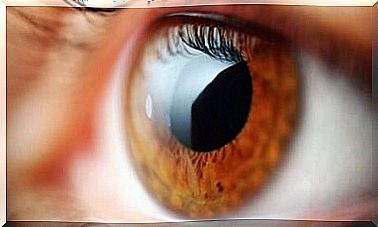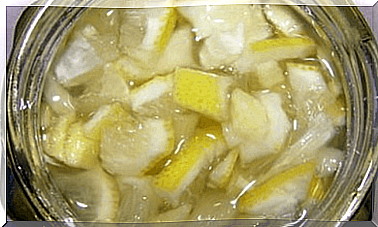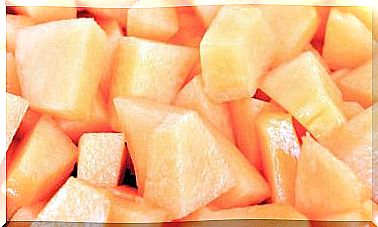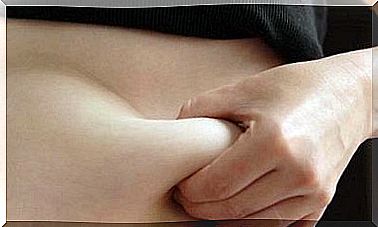Remorse And Overcoming It

Many of us have remorse the burden of which is overwhelming. Because of this, we cannot come to terms with the past and we are still living with the past events. This, in turn, makes us depressed and anxious. Yet, overcoming guilt has healing powers!
People forget that they aren’t just the sum of past scars and mistakes. They are not just regret that they can feel. You are more than the sum of your mistakes, you just don’t want to admit it. When you deny it, you suffer overwhelmed by a sense of guilt that you have long since shied away.
What are bugs?
The word “errors” has many different meanings. Making mistakes makes you feel bad. Some of them are “failures” or words like “you are not worth it” or “nobody will like you”.
In fact, the mistakes you make can cause wounds to appear, which then become your scars. Some scars should not be scratched, but should be taken as a lesson and a symbol to remind you not to make the same mistakes.
Time and time again we think back to the past, we do more than we think, and thus we open old wounds. These wounds will never heal.

Past events make us feel remorse. But it is here and now that counts, not something that others have probably long forgotten and that we ourselves should forget.
What should overcoming guilt look like when an event has left a deep emotional mark on us? In this case, we must learn from our mistakes and not deny our emotions. Don’t keep tearing your wounds open.
We need to heal this wound and make it part of our experience. Let it become a scar that we will never open again because we have learned from the events that marked it for us.
But sometimes that’s not enough because the main problem is that we feel guilty all the time.
Remorse opens old wounds
Remorse creates deep wounds. People who like to manipulate others can take advantage of someone else’s vulnerability and foment guilt in order to achieve their own goals.
If our action has been unsuccessful, what can we do? Think back to them and learn from them. The situation we find ourselves in can always teach us something.

No matter how bad our experiences were and no matter what obstacles we had to face.
Remorse should not stop us from closing a chapter and moving forward. Guilt prevents us from treating past failures as important lessons from which we can learn. Because of it, we constantly dwell on past mistakes, so we cannot focus on the present and the future, where we belong.
By dwelling on past failures, we identify with what we are not. Things past. Is there a way to overcome remorse?
1. Where do pangs of conscience come from?
Once we can name our scars, we must find the cause of our remorse.
- Probably the cause of our pangs of conscience are various, frequent, erroneous beliefs that accompanied our actions. They make us look at the past in a very negative way.
- We can put what bothers us onto paper. In this way, our remorse will take on a visible form. After being dressed in words, they will stop tormenting us.
Express your feelings with words.
2. Know the difference between feeling guilty and bearing responsibility
- Remorse is inextricably linked with doing something wrong, such as cheating on your partner.
This kind of guilt makes us torment by persistent thoughts, we want to punish ourselves, we despair and dream about being able to turn back time and prevent what happened.
- Taking responsibility works in a completely different way. Guilt takes a back seat, and we focus on how we can fix what we’ve done.
This could mean, for example, accepting what you made and the consequences it causes, such as breaking up with your partner.

By taking responsibility, we learn from mistakes. But because of guilt we stand still and we are helpless. As a result, for years we may feel terrible about something that we should have passed on a long time ago.
We now know that scars do not define who we are. Rather, they show how we solved a given problem and what lessons we learned from it.

